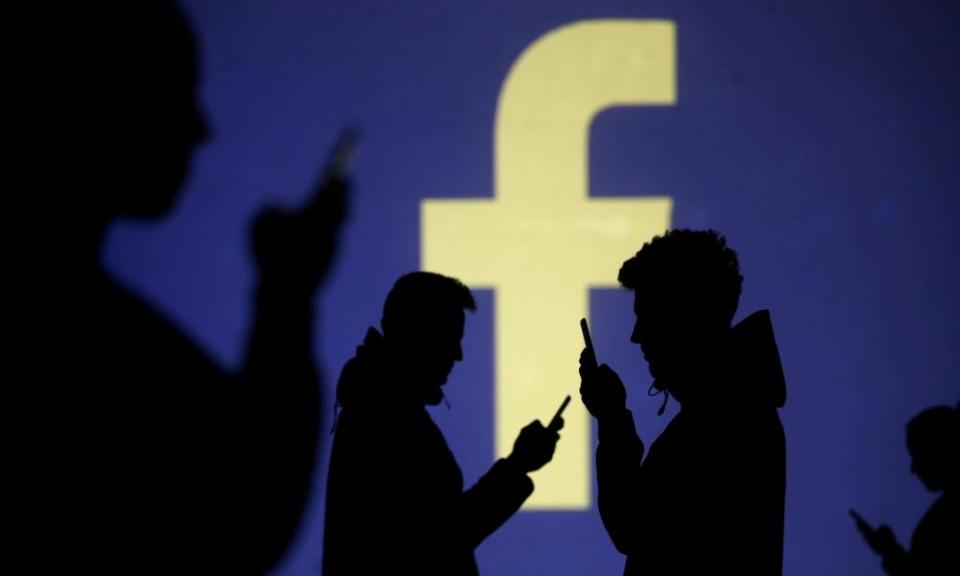The Guardian view on Facebook: the arrogance of power

Politicians across the spectrum are now agreed that the powers of the big tech companies must be curbed. The surveillance economy appears as an existential threat to democracy. Self-regulation is no longer enough. But it is a long way from sentiment to policy. Monday’s report from the digital, culture, media and sport select committee set out a path. In this work it has had no help from the companies it believes need regulating.
Facebook, in particular, has shown itself to be arrogant and dishonest. Not only did Mark Zuckerberg refuse to present himself to the committee, as even Rupert Murdoch has done: the underlings he sent in his place gave misleading or untrue accounts. To quote the report: “Facebook seems willing neither to be regulated nor scrutinised … Facebook intentionally and knowingly violated both data privacy and anti-competition laws … We consider that data transfer for value is Facebook’s business model and that Mark Zuckerberg’s statement that ‘we’ve never sold anyone’s data’ is simply untrue.”
But the problem is wider than just one company. Google and YouTube, which are hardly mentioned in the report, play almost as important a role in the dissemination of misinformation online and are just as happy to profit from it. As the information commissioner, Elizabeth Denham, has warned, we are now being sold political ideas online with the same techniques that are used to sell shoes and holidays. And since the cost of buying into the wrong ideas is much less immediately apparent than the pain of ill-fitting or unfashionable shoes, the political sale is much more easily made.
In her testimony to the committee, the information commissioner put her finger on one of the most important advantages that Facebook has over traditional advertising media. Not only does it know everything its users tell it about themselves; it also compiles “shadow profiles”, which contain all the information that other users and data collectors have supplied about us. Internal emails obtained by the committee show that the company goes to great lengths to acquire such data from its advertisers. These are kept secret from their subjects. Ye Ms Denham argues that they are personal data and should be brought under the remit of existing privacy regulations. This is surely right.
There is a paradox at the heart of the extraordinary effectiveness of Facebook and YouTube when it comes to the dissemination of ideas. Some people trust what they find there in part because they are so disillusioned with traditional authorities. The online channels, as television did before them, seem to offer an unprecedented intimacy to their users. A smartphone is the friend you take everywhere. But this apparent intimacy is in reality a place where people can be more professionally manipulated than ever before because the advertisers know so much more about us than they could before we entered it.
Yet this concentration of power offers a paradoxical hope. When a few giant advertising companies control so much of the internet, pressure on them offers governments a means of indirect control over the consumer internet. Once Facebook was threatened with serious fines by the German government if it did not remove hate speech promptly, it discovered that this could after all be done: one in six Facebook moderators now work in Germany. Governments should never entirely control the internet but we need them there to protect society anyway.

 Yahoo News
Yahoo News 